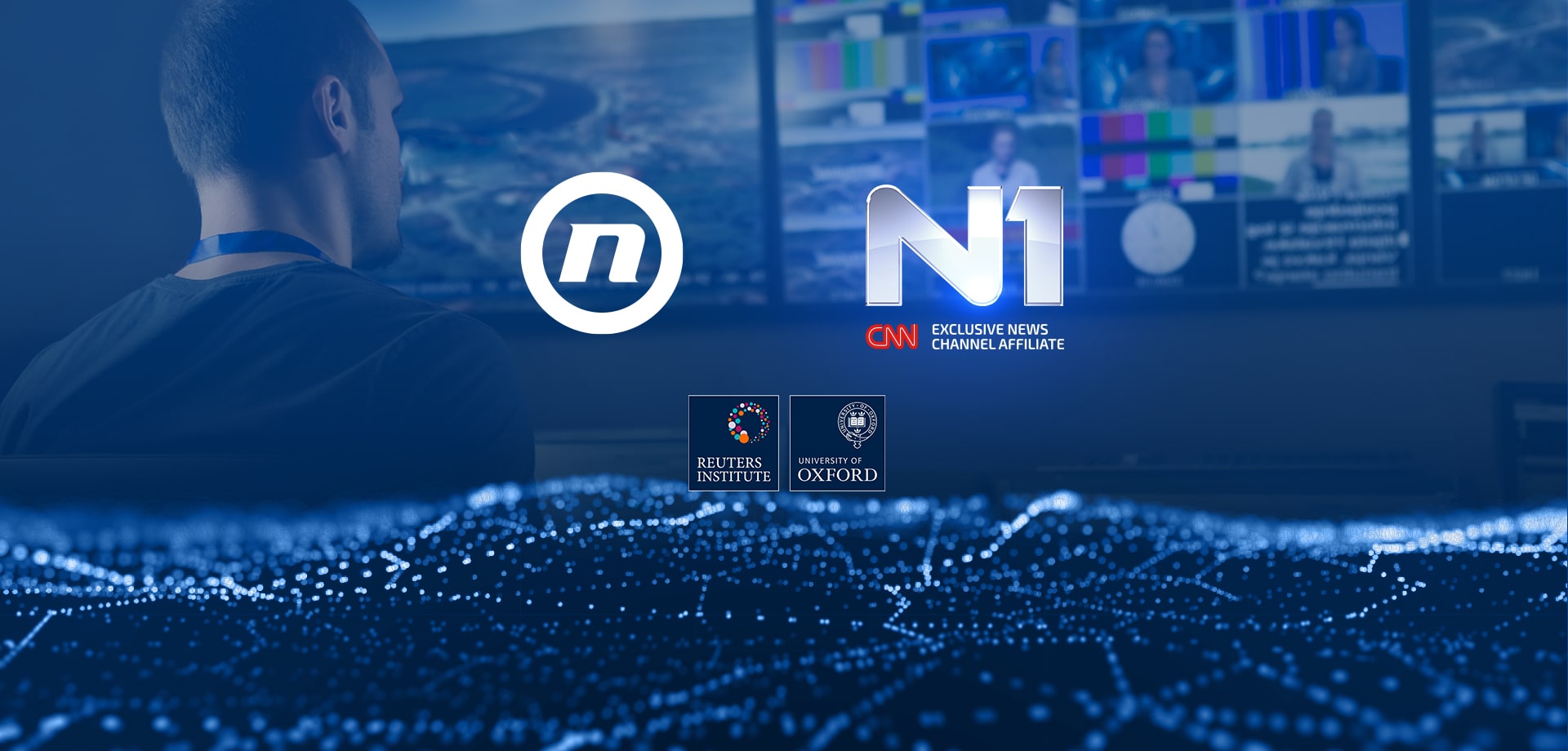
The Reuters Institute’s report: Citizens trust Nova TV the most, praise N1 for its independent reporting
24th June, 2021
The Reuters Institute’s annual report on the media situation in Croatia has once again confirmed the status of Nova TV as the medium which the audience in this country trusts the most. The Institute also mentions the situation with N1 after the channel was removed from the package of the cable operator A1, stating that this poses a risk to media pluralism.
According to a survey conducted by Reuters for 2020, Nova TV, operating within the United Media, is the most watched television channel on a weekly basis and the medium through which the Croatian audience is most often informed.
As many as 57 percent of the respondents stated that they mostly watch Nova TV during the week.
Reuters points out that the overall trust of the audience in journalism and media is growing, and Nova TV is again in the first place as the media brand which Croats trust the most (75%).
The portal DNEVNIK.hr is on the fifth place in the list of digital media through which the Croatian audience is informed the most on a weekly basis, 38% of them.
Assessing the general situation, the report for Croatia states that the current outdated legislation risks reducing the range of media houses and poses a threat to pluralism in Croatia.
As pointed out in the Reuters Institute’s report, another issue with the law is related to the popular cable news channel N1, which many admire for its independent reporting.
In the spring of 2021, the channel was removed from the package provided by the important telecom operator, A1. Since N1 is a cable channel owned by the United Group, operating from the Netherlands, and is not a television channel with a national frequency, it is not covered by the applicable rules relating to televisions licensed in Croatia.
There is a risk that the decision of A1 will be followed by the largest operator in the country, Hrvatski Telekom. If this happens, N1 will be left without an important part of the audience. The channel hopes that the issues will be solved either by passing a new Law on Electronic Media or by obtaining a national frequency.
“If this does not happen, the potential loss of distribution would pose a real risk to media pluralism and damage the diversity of the Croatian media scene”, the Reuters Institute’s report said.


